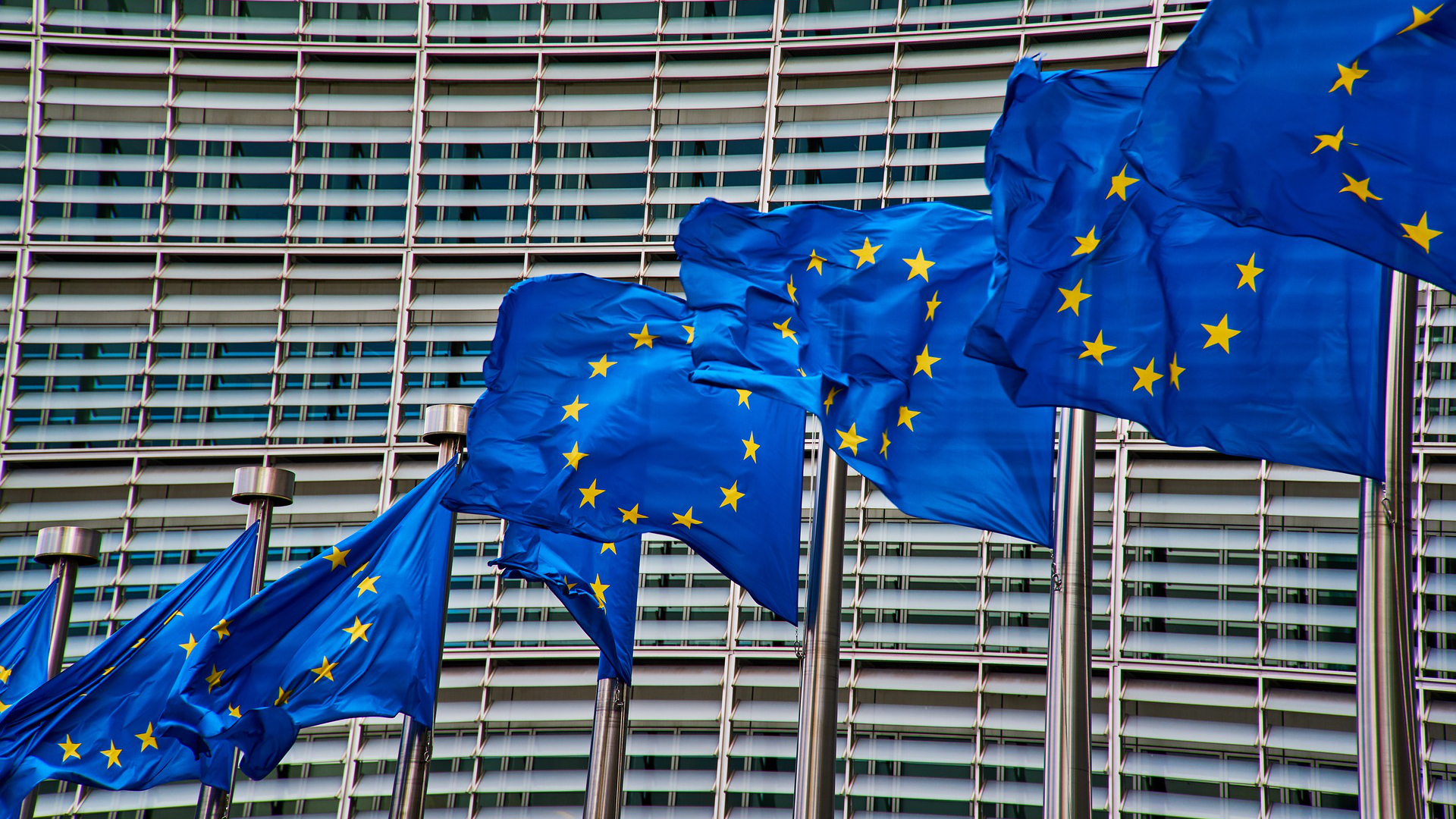The vote on Chat Control has been postponed, but the “fight isn’t over” yet – here's what we know
This comes as Germany said that random chat monitoring must remain taboo

Sign up for breaking news, reviews, opinion, top tech deals, and more.
You are now subscribed
Your newsletter sign-up was successful
- The EU has postponed its vote on the controversial Child Sexual Abuse Regulation (CSAR)
- The move comes as Germany joined the opposition on October 7, arguing that chat monitoring must remain taboo
- Chat Control would introduce mandatory scanning of private chats, raising privacy and security concerns
The EU's plan to monitor all citizens' private chats remains far from becoming law – for now.
EU lawmakers have postponed a crucial vote on the controversial Child Sexual Abuse Regulation (CSAR), which was scheduled for October 14 between the EU Council and the EU Justice Minister.
The move comes as Germany joined the opposition on Wednesday, October 7, after arguing that chat monitoring must remain taboo and the government "will not agree" to the proposal.
Germany's decision is likely to be why Chat Control has failed to attract the needed majority, yet again.
As per the Danish iteration of the bill, all messaging apps operating in Europe would be required to scan all URLs, pictures, and videos shared by their users in the lookout for child sexual abuse material (CSAM) – even when the messages are encrypted.
Crucially, experts have long argued that such scanning isn't compatible with how encryption works. Encryption is the technology that Signal, WhatsApp, ProtonMail, and even the best VPN apps use to scramble the content of users' messages into an unreadable form, preventing unauthorized access.
The CSAR proposal has been attracting strong criticism for its implications on privacy and security, sparking a fierce debate around Europe.
Signal’s vice-president for global affairs even compared this mandatory client-side scanning to "malware on your device." Over 40 European privacy-first tech companies have also warned against the impact on the EU's digital sovereignty. More than 500 cryptography experts also signed an open letter arguing that the bill still fails to address concerns around encryption, indiscriminate surveillance, and accuracy.
Vote delayed, but Chat Control still on the table
This isn't the first time the EU has disagreed on Chat Control – a proposal that first appeared on the EU agenda in 2022. Yet, the bill keeps coming back to the lawmaker's table.
It is then only fair to assume that, despite the matter disappearing from the October 14 agenda, the vote has only been delayed, and Chat Control is set to return to the EU Council soon.
According to former MEP for the German Pirate Party and digital rights jurist, Patrick Breyer, "EU governments continue to work on the proposal," he wrote on X.
The next meeting may occur in a couple of months as, Breyer explains, EU interior ministers are set to meet again on December 6 and 7.
X welcomes the EU Council's decision to postpone the October 14 vote on the CSAM “Chat Control” proposal, which includes client-side scanning provisions that threaten end-to-end encryption and user privacy. This delay marks an important step in protecting secure communications,…October 10, 2025
On a similar note is X, who commented from its Global Government Affairs account: "This delay marks an important step in protecting secure communications, but the fight is not over! Member States are still negotiating the provisions of the proposal with the goal to bring it back for a vote."
Director of Government Affairs and Advocacy at the Internet Society, Callum Voge, told TechRadar that another option could be for the European Commission to recall the bill.
He said: "This is a drastic move, though. In a way, it's admitting that they were wrong and miscalculated the political atmosphere."
Also President of the non-profit Signal Foundation, Meredith Whittaker, isn't ready to fully celebrate this win for privacy.
"We expect closed-door negotiations to engage in rhetorical arbitrage – claiming to support privacy by using word games and bespoke definitions –while in practice undermining it," wrote Whittaker on X.
Something is clear, though. Whittaker said, "You can't create a backdoor that only lets the 'good guys' in. However, they're dressed up, these proposals create cybersecurity loopholes that hackers and hostile nations are eagerly waiting to exploit."
You might also like

Chiara is a multimedia journalist committed to covering stories to help promote the rights and denounce the abuses of the digital side of life – wherever cybersecurity, markets, and politics tangle up. She believes an open, uncensored, and private internet is a basic human need and wants to use her knowledge of VPNs to help readers take back control. She writes news, interviews, and analysis on data privacy, online censorship, digital rights, tech policies, and security software, with a special focus on VPNs, for TechRadar and TechRadar Pro. Got a story, tip-off, or something tech-interesting to say? Reach out to chiara.castro@futurenet.com
You must confirm your public display name before commenting
Please logout and then login again, you will then be prompted to enter your display name.